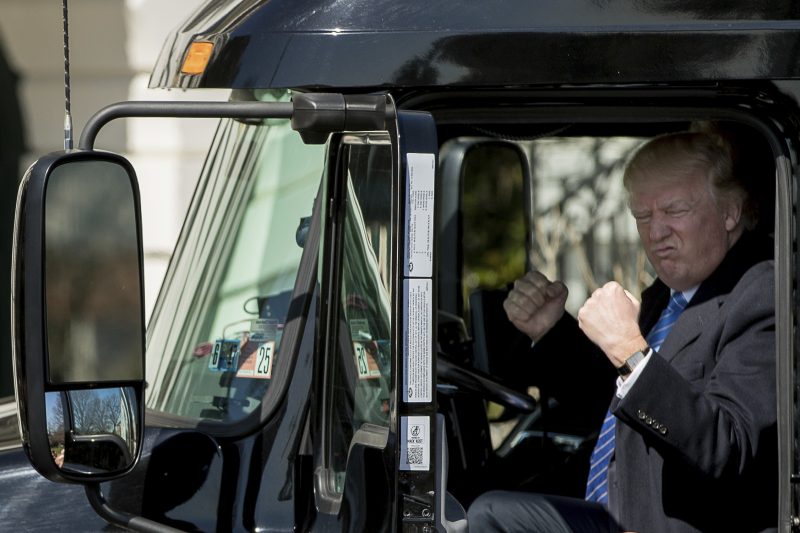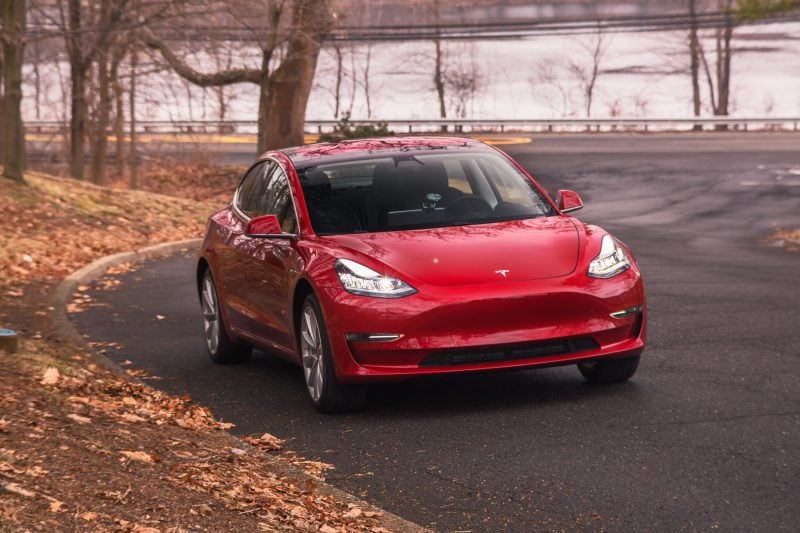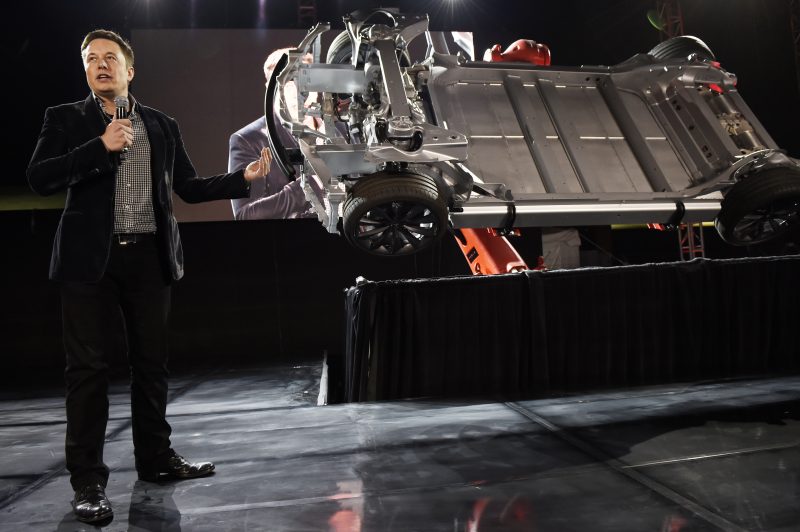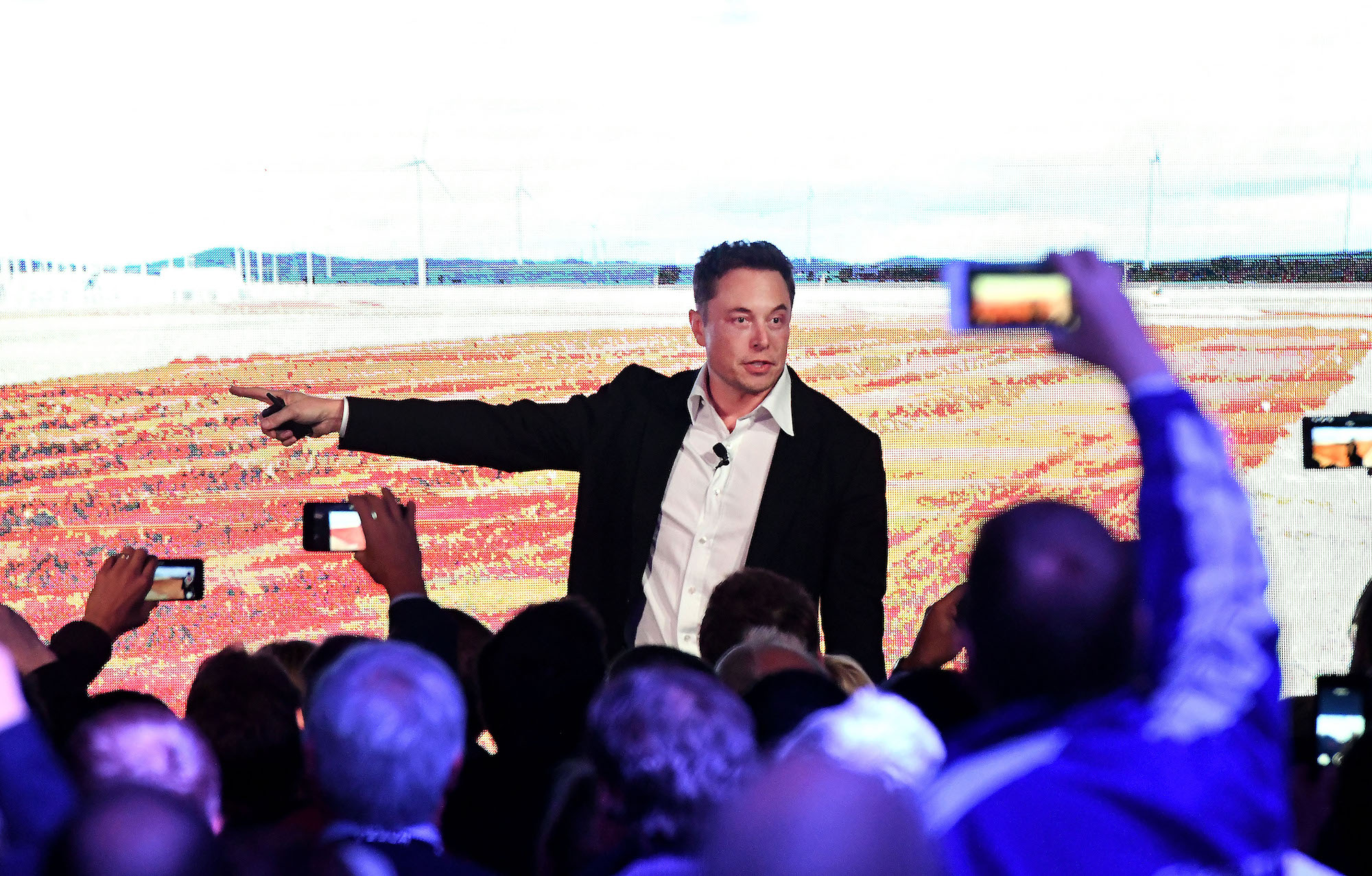- Tesla CEO Elon Musk attacked sell-side analysts from Bernstein and RBC apparently because they supported short sellers of Tesla stock.
- Tesla is at a critical point in its 15-year history, losing vast amounts of money while still riding a high stock price.
- Musk hasn’t endured this serious a threat to his vision since Tesla’s early days, and the strain is showing.
If you were the CEO of a company that had been around for 15 years, never posted an annual profit, but had seen a nearly 1,000% appreciation in your stock and were considered – by some – to be the reincarnation of either Leonardo da Vinci or Thomas Edison, would you take to Twitter to pick fights with an obscure group of finance wonks who ask you somewhat difficult questions after you were required by US securities law to disclose that you lost over $700 million in three months?
You would if you were the new Elon Musk, who once hovered above the Wall Street fray but now realizes that he’s far more dependent on the capital markets than he ever wanted to be.
If you haven’t been keeping up, Musk flipped out on a call with analysts on Wednesday after Tesla announced another huge quarterly loss. When asked about Tesla’s capital needs and whether customers are avidly converting reservations for the company’s Model 3 vehicle to actual paying orders, he huffed and puffed and turned the call over to a YouTube fanboy, who then gave Musk the opportunity to talk about lots of awesome futuristic Tesla stuff for something like 20 minutes.
Tesla’s stock, which had been rallying, tanked.
Musk hits back harder

Perhaps to address the panic, Musk went on Twitter early Friday morning to do something he seems to increasingly enjoy: copying Donald Trump's communication strategy. Wall Street hit hard, so Musk hit back harder, accusing the two analysts who invited his ire - Toni Sacconaghi, of Sanford Bernstein, and Joe Spak, of RBC - of carrying water for short sellers.
This was a bogus accusation. Both have hold ratings on Tesla, and while Sacconaghi's price target is $265, it represents a moderate downside to Tesla's current levels; Spak dropped his target only to $280, from $305, after Musk lost his cool. Neither analyst is calling for a Tesla collapse.
Regardless, short sellers have mostly been barbecued by Tesla's success. Given the return that Musk has provided to many investors, his campaign on this front seems petty, especially since he himself has, at times, talked down the stock.
But tweeting vindictively about short sellers is a favored Muskian dog whistle for his 21.5 million followers, and after he launched into fusillade, the haters of the haters leapt in to laud the great man's genius.
Musk deserves ample credit for being the greatest car salesman who has ever lived, but ever since Tesla foolishly launched its mass-market Model 3 too far ahead of schedule - turning it into the worst new-vehicle rollout in the history of the auto industry - he been acting like a man whose game is at risk of being upended by the brutal dynamics of the business Tesla is in. Even geniuses can take wrong turns.
Fear of a capital raise

Like any carmaker, Tesla requires vast amounts of money to keep the show running. That money is running out as the Model 3 systematically obliterates it, and although Musk has repeatedly declared that no new fundraising is forthcoming, plenty of market observers don't believe him. Some, myself included, don't understand why he doesn't just go ahead and raise more, given that the stock is still riding pretty high. When car companies burn through all their cash and credit, they go out of business fast.
Musk's bizarre behavior Wednesday knocked only about 5% off the stock, so, on balance, you could say he got off easy. He certainly has more mission-critical things to do than break out his iPhone to rage at his CFA naysayers.
Or maybe he doesn't. Lately, Musk has been operationally adrift as the CEO of a carmaker that has - throughout its lifetime - been pretty bad at making cars (the cars themselves are pretty good, but Tesla's ability to build them at scale is a work-in-progress). His triumphs have shifted to SpaceX, where, although he provides a guiding sensibility, he leaves the tricky stuff to the actual rocket scientists.
One example: On Wednesday, Musk ridiculed something he called "Flufferbot," a robot that attached fiberglass fluff to Tesla battery packs. Musk concluded that it was bad at its job, that the fluff wasn't ultimately needed, and fired Flufferbot. Of course the whole reason Flufferbot even had a job in the first place was that Musk is a robotics obsessive who wants to solve his labor problems - he has too many people building too few cars and too low a profit per worker at his aging, overcrowded California factory - by eliminating human labor. He dreams of a massively automated new plant, his version of Henry Ford's famous River Rouge.
The Flufferbot debacle

This is a logical move for a technologist to make, and therefore Tesla has been actively roboticizing. There are elements of deception here because what Tesla needs to do is go all in on humans to hit its ambitious 2018 production goals, effectively throwing money at its existential crisis. Musk has made a shift in that direction, admitting that automation hasn't worked as planned.
But ultimately, auto workers are so 20th century and inconsistent with what Musk is now calling the "Tesla Production System." That's a bit of a troll of the legendary "Toyota Production System" that now dominates that auto industry, but which Musk wants to disrupt with his robot paradise.
So somebody had to design, configure, program, and troubleshoot Flufferbot, only to find out that they had wasted their time and energy. On top of that, the Flufferbot fail revealed that the component it was incompetently assembling was unnecessary.
This sort of regrettable collision with reality is happening all the time at Tesla these days. It isn't intrinsically the company's fault. Carmakers have been making cars for over a century, and the business is well understood. If Musk had simply copied best practices, Tesla would be profitable by now. But in Silicon Valley, best practices of a century-old industry are the enemy, and a profitable Tesla selling 100,000 vehicles a year doesn't fit into the change-everything paradigm. Tesla needs to take over the world.
It's all Musk's fault.
He stoked the illusion that a defiantly inexperienced car company could reinvent the wheel and send 500,000, and then a million, electric cars into a world where electric cars have been a flop (they make up just 1% of global sales). If he feels bad enough about setting Tesla's workforce up to fail, that could explain his freaky behavior. His employees genuinely have tried to live up to his expectations and fulfill his vision, which is valuable: Get humanity off fossil fuels.
There can, however, be a fine line between vision and desperation. Musk is precariously close to crossing it.

